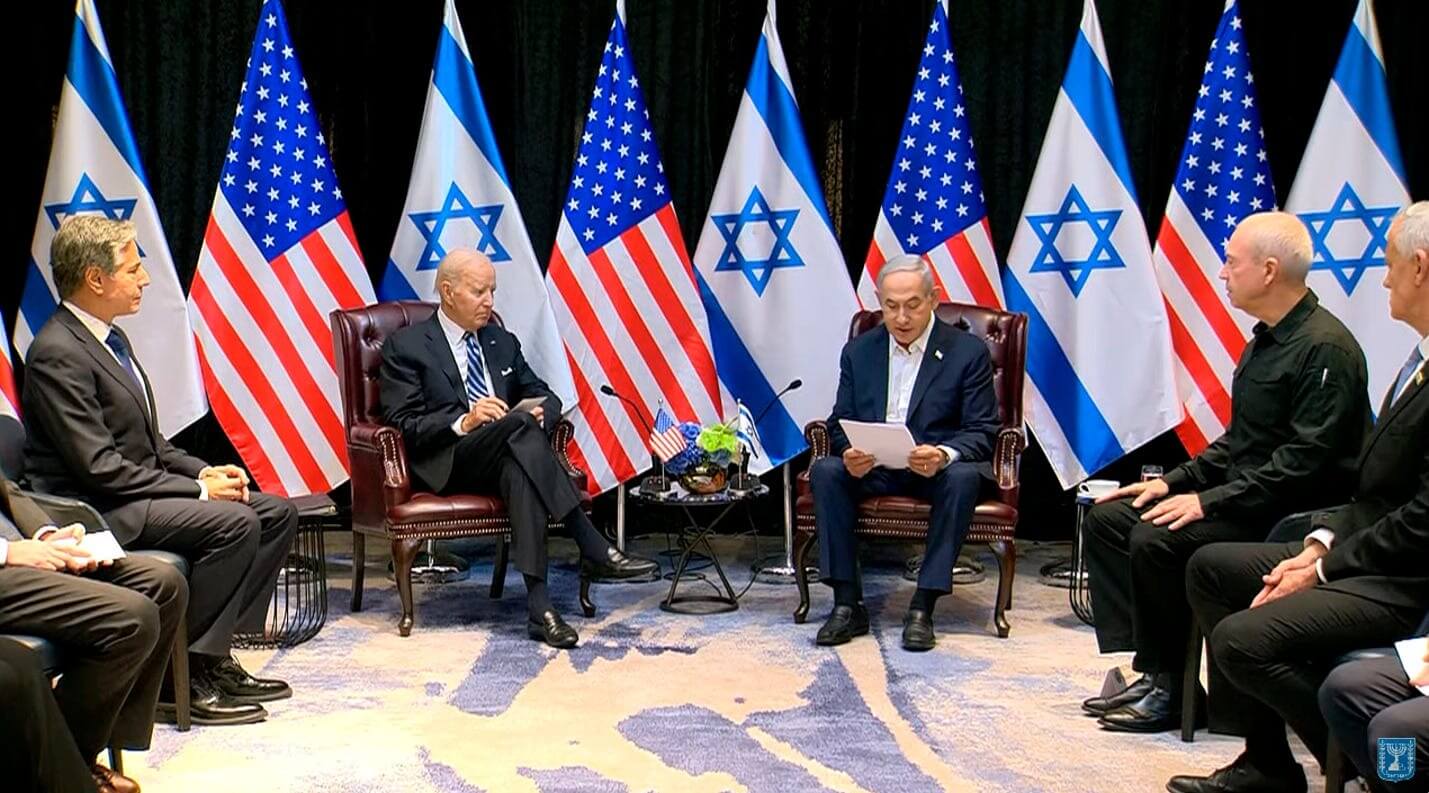The U.S. House of Representatives on Wednesday was set for its second vote on a new speaker, a day after hardline Republican Jim Jordan failed in his first bid for the gavel.
Here are a few next options lawmakers are considering in their 16th day without a leader:
JIM JORDAN
Jordan, one of the most prominent members of the Republican right flank, is expected to be nominated again by Republicans to serve as speaker after winning just 200 votes on Tuesday, less than the 217 he needed, after 20 Republicans voted against him.
As chair of the House Judiciary Committee, Jordan is a driving force in the impeachment investigation of Democratic President Joe Biden and has tormented his administration with other probes as well.
Since he was first elected in 2006, the Ohio lawmaker has clashed with past Republican House leaders as a founder of the hardline House Freedom Caucus and helped amplify Republican former President Donald Trump’s baseless claims of election fraud. Trump has endorsed his speaker’s bid.
PATRICK MCHENRY
Republican Representative Patrick McHenry of North Carolina was named to serve as speaker temporarily following Kevin McCarthy’s ouster. Some Republicans have suggested he could stay on in the job if they cannot elect Jordan, and the Democrats have said they would be open to empowering the acting speaker.
Two former Republican speakers, Newt Gingrich and John Boehner, have both publicly said that he should continue to stay in the job.
STEVE SCALISE
The Louisiana lawmaker currently serves as the No. 2 House Republican and was widely seen as ousted Speaker McCarthy’s heir apparent. He was nominated as speaker last week but withdrew after he was unable to unify Republicans — a development some of his colleagues blamed on Jordan.
Scalise was severely wounded in a shooting during practice for a charity baseball game in 2017. He faced questions about his health, as he has been in treatment for multiple myeloma, a form of blood cancer, since August.
Scalise received seven votes on Tuesday, a distant second to Jordan.
KEVIN MCCARTHY
The former speaker, McCarthy, has sent conflicting signals on whether he would seek a return, should other candidates lose a speaker vote. McCarthy netted six votes during Tuesday’s vote.
TOM EMMER
Republican Representative Tom Emmer of Minnesota currently serves as his party’s chief vote counter and No. 3 leader overall. He has been floated as a possible candidate should Jordan fall short, and received one vote during Tuesday’s vote.
TOM COLE
Powerful Rules Committee chair Tom Cole has served since 2003, representing Oklahoma as one of only five Native Americans in Congress. He is widely considered a steady hand at the wheel and could gain support from Democrats if nominated.
However, he has repeatedly tamped down talk of putting his name forward, though he received one vote on Tuesday.
Lee Zeldin, a former four-term representative from New York who resigned to make a run for governor of that state, netted three votes during Tuesday’s session.
Though the House speaker has always been drawn from the ranks of that chamber, the Constitution does not specify that the speaker must be a lawmaker.
Thomas Massie is a libertarian lawmaker who has been in Congress since 2012, where he represents a district in Kentucky. Massie received one vote on Tuesday, but said publicly that he had told the lawmaker who voted for him to back Jordan.
Mike Garcia is a Navy veteran and a two-term congressman from California who serves on several important committees, including the appropriations and intelligence panels. He received one vote on Tuesday.
Kevin Hern is chairman of the Republican Study Committee, a group of conservative Republicans. He told reporters that he was considering a speaker bid last week, but later abandoned it. Still, his name has come up as a possible Jordan alternative since then.
HAKEEM JEFFRIES
Democrats are expected to vote unanimously for their leader, Hakeem Jeffries, though, as the minority party in a chamber controlled 221-212 by Republicans, they do not have enough votes to elect him speaker.
The New Yorker has said he is open to a bipartisan compromise if Republicans cannot muster enough votes on their own to elect Jordan or another one of their members. However, it is exceedingly unlikely that such a compromise would result in Jeffries becoming speaker.
Related Galleries:




The post What“s next in the US House of Representatives speaker“s race? first appeared on The News And Times – thenewsandtimes.com.







